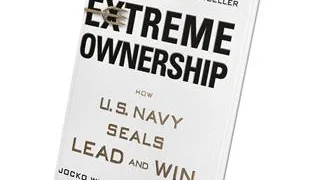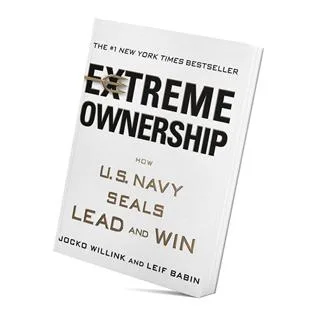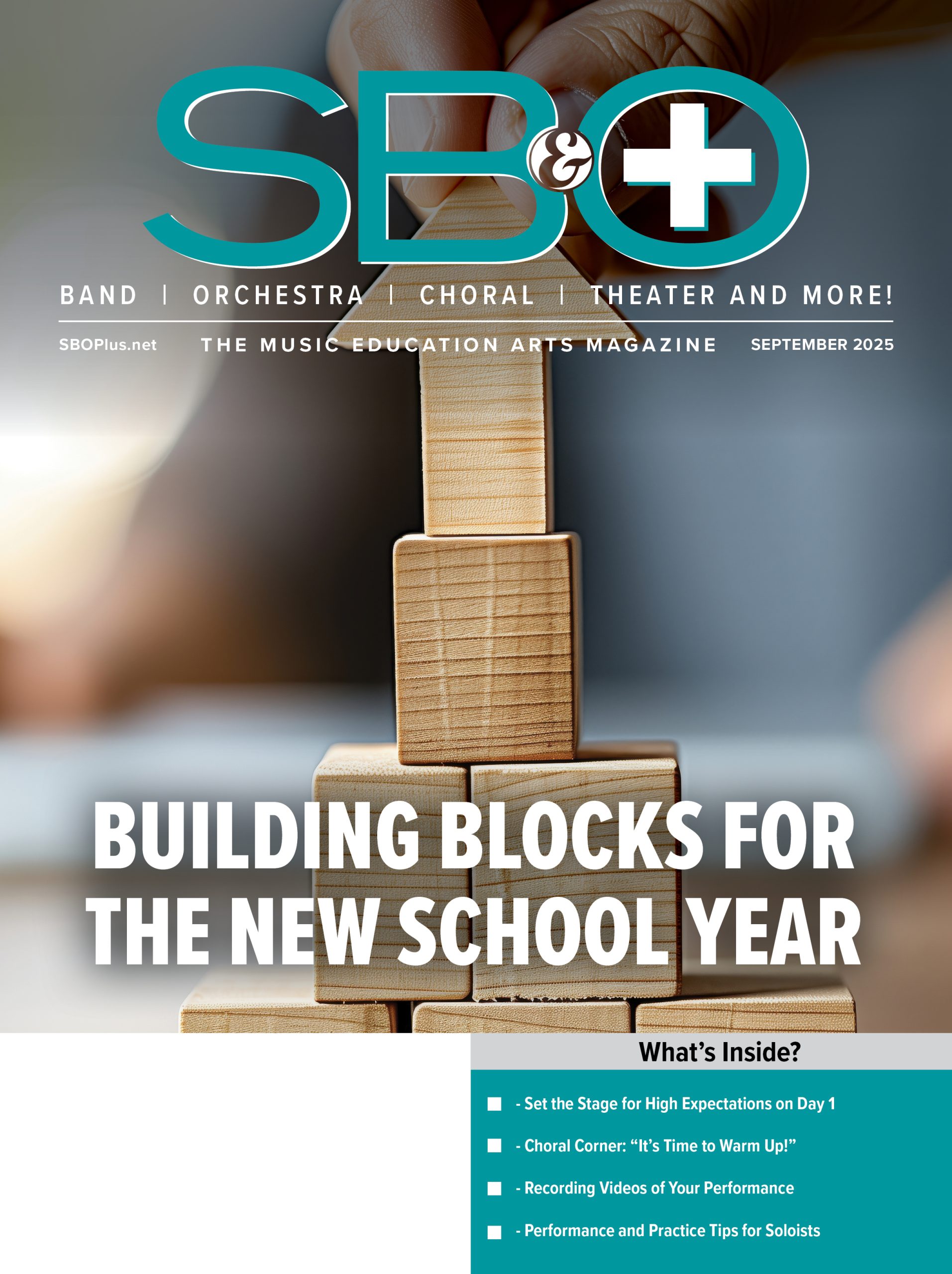By Dr. Matthew Arau
If it works for the Navy SEALs, could it work for us in the arts? This is what I asked myself as I read Extreme Ownership: How U.S. Navy SEALs Lead and Win by Jocko Willink and Leif Babin. Thankfully, we don’t actually engage in combat as teachers, but we are certainly in positions to lead, as are our students. SEAL trainers Willink and Babin share valuable ideas about leadership that can be applied to what we do in the classroom, in our ensembles, on the marching band field, and on the stage.
The key lesson is that, as the leaders and teachers, we need to take full responsibility for how the team, classroom, or ensemble performs. This is what “extreme ownership” means. Is this easy? No. Would it be easier to blame others when things out of our control don’t go the way we planned. Yes. But, as Willink and Babin explain in their book, we must ultimately take responsibility for the culture that is created, the level of learning, and the level of engagement.
They share the following 5 Leadership Tips.
- Leaders must own everything in their world. There is no one else to blame. The leader must acknowledge mistakes and admit failures, take ownership of them, and develop a plan to win. (p. 30)
- For leaders, the humility to admit and own mistakes and develop a plan to overcome them is essential to success. The best leaders are not driven by ego or personal agendas. They are simply focused on the mission and how best to accomplish it. (p. 8)
- There are no bad teams, only bad leaders. (p. 49)
- Leadership is the single greatest factor in any team’s performance. Whether a team succeeds or fails is all up to the leader. The leader’s attitude sets the tone for the entire team. The leader drives performance––or doesn’t. (p. 49)
- A team could only deliver exceptional performance if a leader ensured the team worked together toward a focused goal and enforced high standards of performance, working to continuously improve. (p. 50)
The next time the group, class, or team doesn’t perform up to expectations, rather than pointing fingers, take a look in the mirror and own it. This builds trust and it leads to growth. Extreme ownership is an important reminder that the only person we can change is ourselves. When we start with owning it, we begin to climb to the next level of leadership.




























